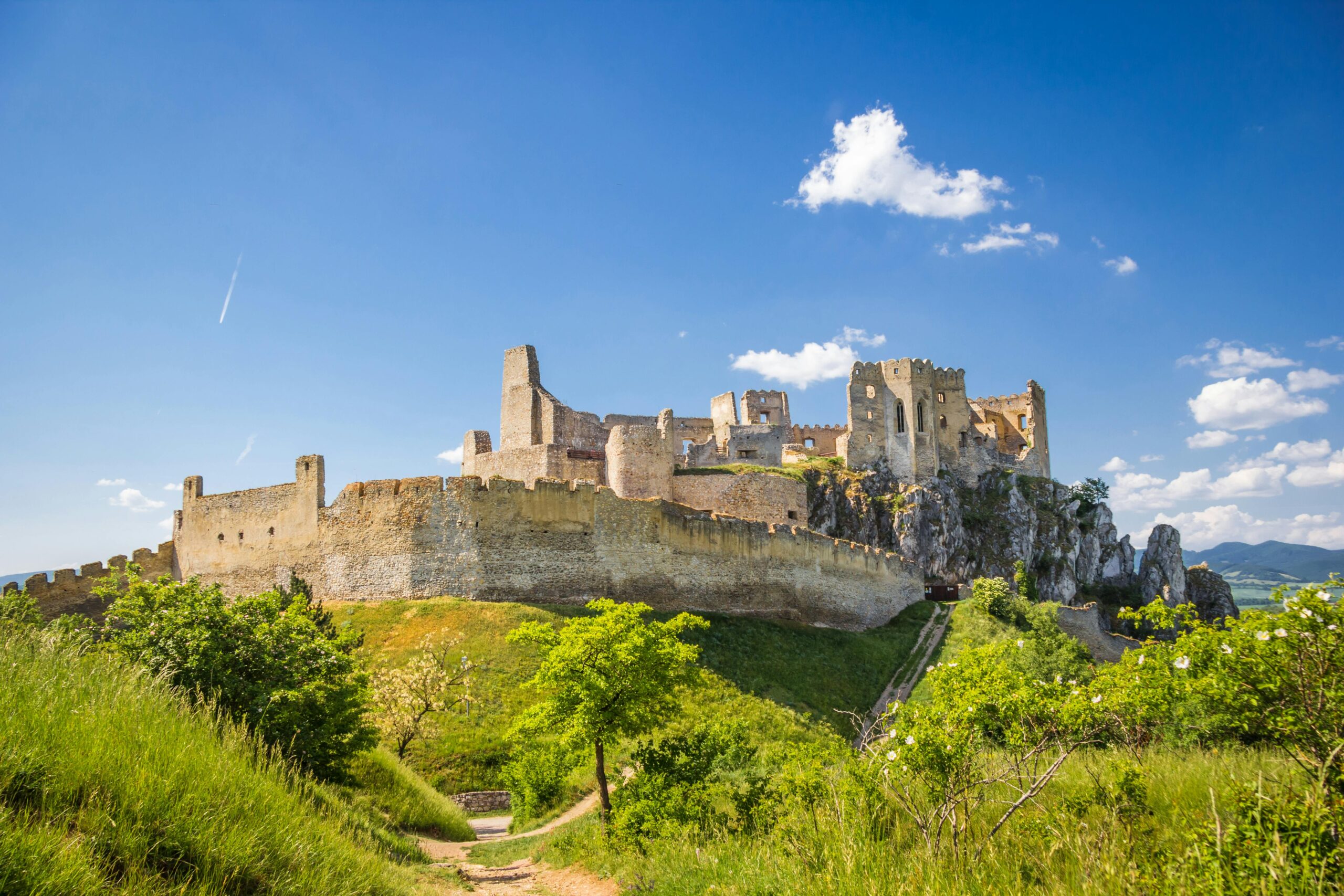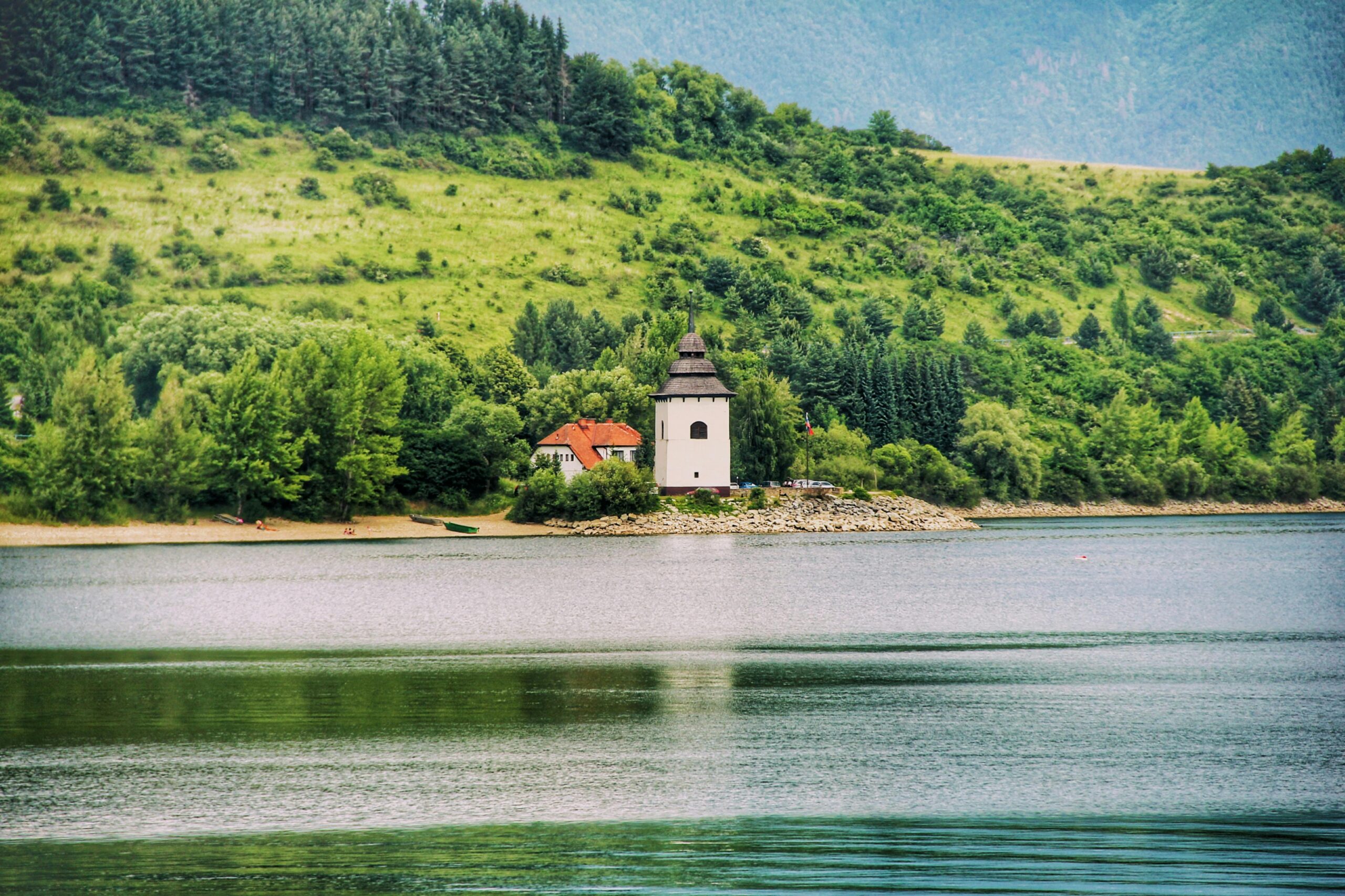It is important for business owners outsourcing to Slovakia to know Slovakia holidays and traditions because public holidays often impact work schedules, availability, and deadlines. Understanding local traditions fosters better relationships with Slovak employees or partners by showing cultural respect and sensitivity. Additionally, planning around holidays ensures smooth operations and avoids disruptions in productivity.
Major holidays in Slovakia include Good Friday and Easter Monday in April, Labour Day and Liberation Day in May, and Christmas celebrations from December 24–26. Religious traditions like Epiphany (January 6) and Our Lady of Sorrows Day (September 15) are significant, along with historical commemorations such as Slovak Uprising Day (August 29) and Freedom and Democracy Day (November 17). Business owners outsourcing to Slovakia should account for these dates to ensure smooth operations and respect for cultural practices.
Outsourcing to Slovakia and Eastern Europe offers businesses cost-effective access to highly skilled professionals. Go Carpathian can help you build an elite international team in Eastern Europe. Interested in knowing more? Schedule a Discovery call with a recruiting specialist.
This article will explain the value of Slovakia holidays and traditions for business owners. We will also list all the important holidays in Slovakia and share practical tips for aligning business operations with holidays in Slovakia.
Why Slovakian Holidays Matter for Business Owners
Slovakian holidays matter for business owners outsourcing to Slovakia because the country has one of the highest numbers of public holidays in the European Union, with 15 designated days when employees are paid but do not work.
These holidays, including Christmas, Easter, and Constitution Day, can impact work schedules, productivity, and deadlines as businesses must plan around office closures and reduced availability. Additionally, cultural sensitivity to Slovak traditions fosters better relationships with local hires and ensures smoother operations during the holiday seasons.
What Traditions and Holidays Are Celebrated in Slovakia
Slovakia’s vibrant cultural identity is shaped by its blend of Christian traditions and national milestones, reflected in its major holidays. Below are key celebrations and their implications for businesses outsourcing to Slovakia:
Republic Day (January 1)
- Tradition: Celebrates the establishment of the Slovak Republic in 1993 with public events, speeches, and expressions of national pride.
- Business Impact: A significant national holiday coinciding with New Year’s Day, expect limited staff availability as Slovaks kick off the year with festivities and reflection.
Epiphany (January 6)
- Tradition: Known as the Feast of the Three Kings, this Christian holiday features church services, family gatherings, and traditional foods to honor the Magi’s visit to Jesus.
- Business Impact: A public holiday with religious significance, plan for reduced workforce participation as employees focus on spiritual and family time.
Easter Monday (April 1, 2025)
- Tradition: A lively celebration after Good Friday and Easter Sunday, marked by men sprinkling women with water or perfume for health and fertility, alongside festive family meals.
- Business Impact: Part of the multi-day Easter period, anticipate widespread time off as this joyful tradition takes precedence. (Note: Date varies annually; April 1 is specific to 2025.)
Labour Day (May 1)
- Tradition: Honors workers’ rights with parades, speeches, and outdoor activities, embracing the spring season with picnics and celebrations.
- Business Impact: A public holiday focused on labor, scheduled around potential staff absences as Slovaks enjoy the day outdoors.
St Cyril and St Methodius Day (July 5)
- Tradition: Commemorates the 9th-century missionaries who brought Christianity and literacy to the Slavs, celebrated with religious services and cultural events.
- Business Impact: A holiday of cultural and religious importance, expect limited availability as employees honor this historical legacy.
Christmas Eve (December 24)
- Tradition: A cherished day of family traditions, including a festive dinner with fish and potato salad, gift exchanges, and midnight Mass preparations.
- Business Impact: A major holiday kicking off the Christmas season—plan for significant staff absences as Slovaks prioritize family and festivities.
|
Holiday |
Date |
Tradition |
Business Impact |
|
Republic Day |
January 1 |
Celebrates the establishment of the Slovak Republic in 1993 with public events, speeches, and expressions of national pride. |
A significant national holiday coinciding with New Year’s Day, expect limited staff availability. |
|
Epiphany |
January 6 |
Known as the Feast of the Three Kings, this Christian holiday features church services, family gatherings, and traditional foods to honor the Magi’s visit to Jesus. |
A public holiday with religious significance, plan for reduced workforce participation. |
|
Easter Monday |
April 1, 2025 |
A lively celebration after Good Friday and Easter Sunday, marked by men sprinkling women with water or perfume for health and fertility, alongside festive family meals. |
Part of the multi-day Easter period, anticipate widespread time off. (Note: Date varies annually; April 1 is specific to 2025.) |
|
Labour Day |
May 1 |
Honors workers’ rights with parades, speeches, and outdoor activities, embracing the spring season with picnics and celebrations. |
A public holiday focused on labor, scheduled around potential staff absences. |
|
St Cyril and St Methodius Day |
July 5 |
Commemorates the 9th-century missionaries who brought Christianity and literacy to the Slavs, celebrated with religious services and cultural events. |
A holiday of cultural and religious importance, expect limited availability. |
|
Christmas Eve |
December 24 |
A cherished day of family traditions, including a festive dinner with fish and potato salad, gift exchanges, and midnight Mass preparations. |
A major holiday kicking off the Christmas season—plan for significant staff absences. |
Additional Cultural Traditions in Slovakia to Understand
Slovakia’s rich cultural traditions are deeply rooted in Christianity and folk customs, influencing daily life and business practices. Key traditions include unique Easter rituals like water pouring and whipping with willow branches, symbolizing health and vitality, and Christmas customs such as keeping carp in bathtubs for freshness before festive meals. Folk festivals, like the Východná Folklore Festival, showcase traditional music, dance, and crafts, while May Day celebrations feature decorated Maypoles symbolizing love and growth. Slovak cuisine, with dishes like bryndzové halušky (potato dumplings with sheep cheese), reflects the country’s agricultural heritage. Understanding these traditions helps business owners foster cultural respect and build stronger relationships with Slovak partners or employees.
|
Cultural Tradition |
Description |
Relevance for Business Owners |
|
Easter Rituals (Water Pouring/Whipping) |
Unique traditions involving men pouring water or whipping women with willow branches, symbolizing health and vitality. |
Shows deep-rooted folk customs that are still practiced. Understanding and respecting these traditions can help build stronger relationships with Slovak partners or employees. |
|
Christmas Customs (Keeping Carp) |
Custom of keeping carp in bathtubs for freshness before festive meals. |
Highlights specific and unique cultural practices associated with major holidays. Demonstrates the importance of understanding local customs beyond just the holiday dates. |
|
Folk Festivals (Východná) |
Festivals, such as the Východná Folklore Festival, showcase traditional music, dance, and crafts. |
Reflects a rich cultural heritage and community spirit. Awareness of these events can provide insights into cultural values and potential community engagement opportunities. |
|
May Day Celebrations (Maypoles) |
Celebrations feature decorated Maypoles symbolizing love and growth. |
Shows traditions related to seasonal changes and community celebrations. Understanding these can help in planning and showing cultural awareness during this time. |
|
Slovak Cuisine (Bryndzové Halušky) |
Dishes like bryndzové halušky (potato dumplings with sheep cheese) reflect the country’s agricultural heritage. |
Represents a significant part of the cultural identity. Awareness and appreciation of local cuisine can be a way to connect with Slovak culture and people. |
Practical Tips for Aligning Business Operations with Slovakia Holidays and Traditions
To align business operations with Slovakia’s holidays and traditions, business owners should plan around the country’s 15 non-working public holidays, such as Easter, Christmas, and Constitution Day, which can impact productivity and deadlines due to office closures. Avoid scheduling meetings during Friday afternoons or August, as many Slovaks take extended breaks during these times. Respect cultural customs like gift-giving etiquette (e.g., avoiding funeral-associated flowers) and incorporate small talk into initial meetings to build trust. Providing written summaries after discussions minimizes misunderstandings while understanding traditions like May Day celebrations and religious practices fosters stronger relationships with Slovak employees and partners.
Absolutely! Based on the “Practical Tips for Aligning Business Operations with Slovakia Holidays and Traditions” section, here’s a table summarizing the advice:
|
Practical Tip |
Description |
|
Plan Around Public Holidays |
Be aware of Slovakia’s 15 non-working public holidays (Easter, Christmas, Constitution Day, etc.) and their impact on productivity and deadlines due to office closures. |
|
Avoid Scheduling Meetings at Specific Times |
Refrain from scheduling meetings during Friday afternoons or August, as many Slovaks tend to take extended breaks during these periods. |
|
Respect Gift-Giving Etiquette |
Be mindful of cultural customs such as gift-giving etiquette, specifically avoiding flowers associated with funerals when offering gifts. |
|
Incorporate Small Talk in Initial Meetings |
Engage in small talk during initial meetings to build trust and rapport with Slovak partners or employees. |
|
Provide Written Summaries After Discussions |
Ensure clear communication and minimize misunderstandings by providing written summaries following discussions or meetings. |
|
Understand Cultural Traditions (May Day, etc.) |
Gain knowledge and understanding of traditions like May Day celebrations and religious practices, as this fosters stronger relationships with Slovak employees and partners by showing cultural sensitivity and respect. |
Benefits of Embracing Slovakia Culture
Embracing Slovak culture benefits business owners by fostering trust and stronger relationships with local employees and partners, and boosts reputation and long-term success in the Slovak market.
Here’s a list of benefits of embracing Slovakia culture for business owners who outsource to this Eastern European country:
- Stronger Relationships: Understanding and respecting Slovak culture, traditions, and holidays fosters trust and goodwill with employees, partners, and clients.
- Improved Communication: Awareness of cultural norms, such as avoiding personal or inappropriate topics during business discussions, enhances professional interactions.
- Enhanced Productivity: Planning around Slovakia’s numerous public holidays ensures smoother operations by avoiding disruptions caused by office closures or reduced availability.
- Access to Skilled Talent: Slovakia boasts a highly educated workforce with strong engineering and manufacturing expertise, making cultural alignment crucial for effective collaboration.
- Competitive Advantage: Demonstrating cultural sensitivity can differentiate businesses in the Slovak market, improving reputation and long-term success.
Interested in Tapping Into the Slovakia Talent Market?
Understanding Slovakia holidays and traditions is crucial for business owners outsourcing to the country, as Slovakia has 15 public holidays that can impact work schedules, productivity, and deadlines due to office closures or reduced availability. Key holidays like Easter, Christmas, and Constitution Day, along with cultural customs such as May Day celebrations and unique Easter rituals, play a significant role in Slovak life. Respecting these traditions fosters trust and stronger relationships with Slovak employees and partners while ensuring smoother operations by planning around holiday periods. Additionally, cultural awareness enhances communication and demonstrates respect, contributing to long-term business success.
Go Carpathian is a professional international recruitment agency that can help you find the best, pre-vetted candidates in the Slovakia market. Interested in knowing more?
Schedule a Discovery call with a recruiting specialist.





